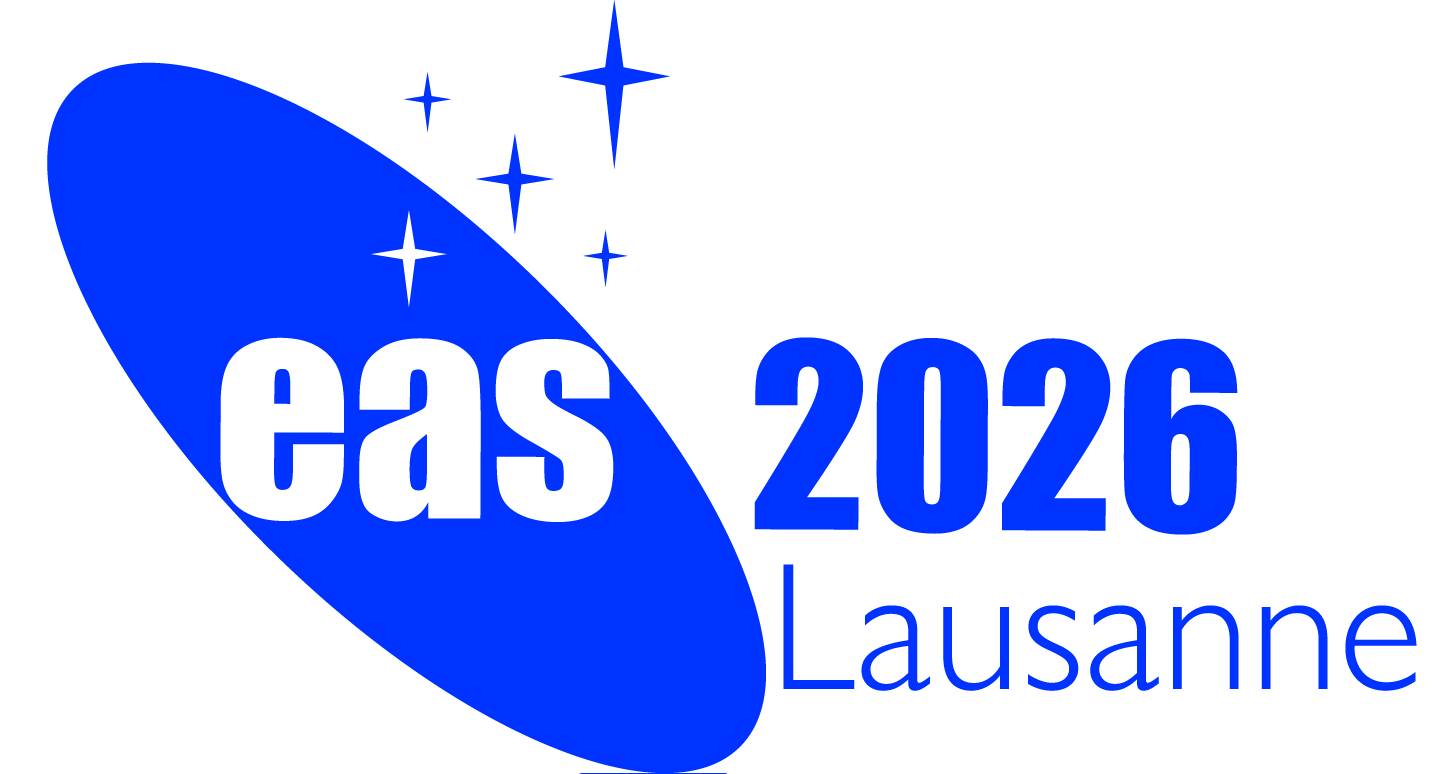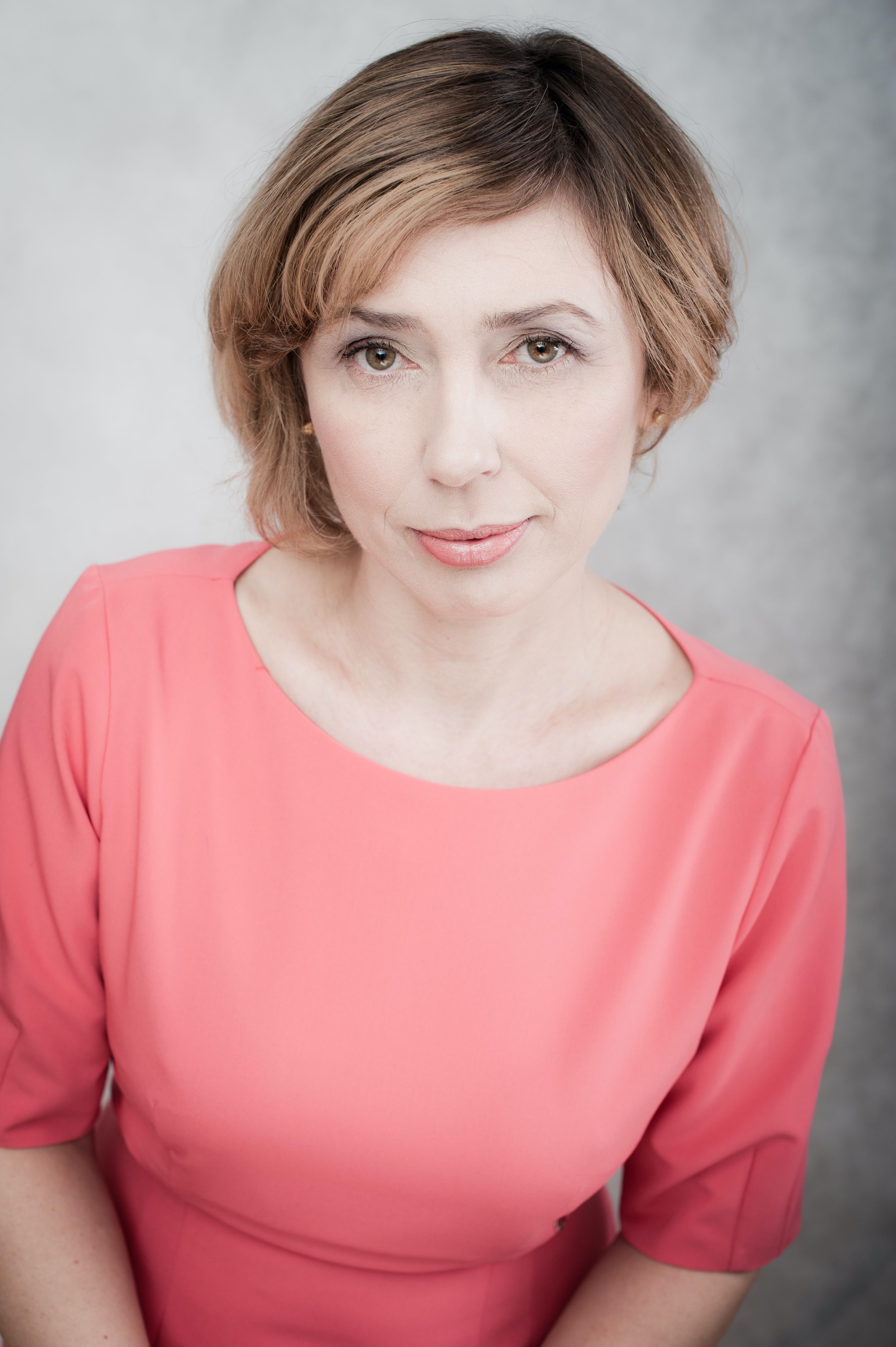
|
European Astronomical Society |

|
About EAS |
Activities
EAS Prizes/Fellows |
Service Centre |
On February 28th we held the second EAS event at the European Parliament. This was on the theme "Are we alone in the Universe? Understanding Exo-planets?". The event was organised in partnership with ESO, ESA and the Europlanet Society and comprised a week-long exhibition including models of the ESO-ELT, JWST and Cheops and an afternoon of talks to officials, MEPs (members of the EP) and their staff. Through a series of presentations and a concluding panel discussion we were able to impress on parliamentarians that we are the first generation that can approach the question "Are we alone?" scientifically and that European scientists are in a leading position to do so. In the opening talk I described the size and activities of the society and emphasised the leading position European astronomers have established in this field. I illustrated the high level of public engagement in astronomy and specifically in worlds beyond the solar system.
▸ Read more
Francesco Pepe, from Geneva Observatory, underscored that message describing how the study of exoplanets has evolved from the initial discovery to the award of the 2019 Nobel Prize. The amazing insights we have gained on the physical conditions in the atmospheres, and on the surfaces of exoplanets were highlighted by Laura Kreidberg from the Max Planck Institute for Astronomy in Heidelberg. Mariya Lyubenova from ESO and Theresa Lueftinger from ESA described the projects and missions to discover and characterise exo-planets that are underway and planned. They stressed how basic research drives innovation, engages with industry to address the challenges of technical innovation for astronomy (which can often be applied elsewhere), and provides extensive training opportunities that result in individuals skilled in quantitative analysis, for example in data science. There was a lively panel discussion chaired by Lina Galvez Muñoz MEP and I, covering the importance of sustained and diverse sources of funding needed if we are to retain a leadership position, the key technologies needed and how to secure them in Europe, and how the EP can help to maximise the impact of astronomy in innovation, sustainability and education. Most of the audience joined us for an informal reception at the exhibition after the panel discussion. This event was much better attended than our first visit to the EP in 2019. It provided an ideal opportunity for us to engage with parliamentarians and expand on all the other activities EAS undertakes. We plan to hold a third event in the second half of 2024 after the next elections to the Parliament.
We are grateful to Inma Dominguez who did much of the early organisation of the event which was sponsored by Professor Lina Galvez Muñoz MEP. We are very grateful to her and her staff for the tremendous support they provided for this event.
Each year the EAS awards a number of prizes to astronomers who have made remarkable contributions. The six awardees of the 2023 EAS Prizes have been announced in March 2023 via an EAS press release. They will all receive their prize and give a plenary lecture at the EAS 2023 meeting in Kraków.
▸ Read more
The Tycho Brahe Medal is awarded to Prof. J. Anton Zesus from Max Planck Institute for Radio Astronomy and University of Cologne, Germany for his major advances in Very Long Baseline Interferometry that led to the first images of the shadow of the black holes in the galaxy M87 and in our own Galactic centre.
The Lodewijk Woltjer Lecture is awarded to Prof. Isabelle Baraffe from University of Exeter, United Kingdom and CRAL/CNRS/ENS de Lyon/Claude Bernard Lyon 1 University, France, for fundamental contributions to the understanding of low mass stars, brown dwarfs and exoplanets.
The Jocelyn Bell Burnell Inspiration Medal is awarded to Prof. Mariano Mendez from Kapteyn Astronomical Institute, the Netherlands, for his work over decades to set up a programme of education in space science in developing countries around the world.
The MERAC Prizes for the Best Early Career Researcher are awarded in:
Theoretical Astrophysics to Prof. Manuel Arca Sedda from Gran Sasso Science Institute and University of Padova, Italy, for pioneering research in the dynamics of binary compact objects as gravitational wave sources in galactic nuclei and dense star clusters.
Observational Astrophysics to Dr Dominika Wylezalek from Heidelberg University, Germany, for her pioneering work using state-of-the-art IFU instruments, in particular for her work demonstrating the impact of supermassive black holes on their host galaxies and the large-scale environment.
New Technologies (Computational) to Dr Dylan Nelson from Heidelberg University, Germany, for his leading role in computational astrophysics, in particular for the IllustrisTNG series of cosmological simulations and his work to enable their widespread use.
The 2023 EAS Annual Meeting in Kraków is approaching quickly, the second EAS meeting in Poland since 1993. The organisers have received 2018 abstracts, about the same number of the EAS 2022 meeting in Valencia- the first in-person meeting after the pandemic. About 800 oral contributions have been granted, and over 800 ePosters will be presented. The final program will be released later this month. The total number of sessions has increased since last year, increasing the diversity of astronomical topics to be discussed. This year participants will be able to attend (a selection of) 13 Symposia, 41 Special Sessions, and 16 Lunch Sessions. With the aim to increase the hybrid aspect of the EAS Annual Meeting, we managed to make the plenary sessions and all symposia available in hybrid mode.
▸ Read more
The scientific program includes plenary talks by, among others, Nobel Prize winner Reinhard Genzel, as well as the usual Prize winners lectures and community reports. We would like to point out that due to the great interest of the society, some special sessions have become a standard at the EAS Annual Meeting programme: a session on the African-European collaboration for the development of astronomy, a session for the Early Career Astronomers, Inclusivity in Astronomy, Public Outreach and Communication, European Forum for Astronomical Communities, Sci-Art: Communicating Science through Art, and Machine Learning, Computation workflow and Scientific writing for astronomers.
We are looking forward to welcoming you in Kraków.
Andreja Gomboc from University of Nova Gorica, Slovenia and Mariya Lyubenova from ESO, Germany have been elected to fill the new Councillor positions.
We thank the other candidates running for election. The new Councillors will start their term at the General Assembly 2023. Council will meet in Krakow to discuss and assign the responsibilities of each Council member, taking into account their expertise.
At the closing of the elections, on 10 April 2023, we accumulated 638 voting members. The EAS Council warmly thanks all candidates for running for election, and the Membership for casting their vote. We are looking forward to working together in the future.
The HERA23 (Heraeus-EAS Early Career Researchers in Astronomy) Workshop took place from February 27th till March 3rd, 2023 at the Max-Planck-Institute for Extraterrestrial Physics (MPE) in Garching near Munich. The topic was "Galaxy Evolution across Cosmic Time". This was the first workshop of this series founded by the Wilhelm and Else Heraeus foundation. It served as a pilot project, in order to evaluate the interest and resonance of the junior scientists and to learn what could be improved for future events of this kind. The workshop had been advertised for early career postdocs, and finally 32 junior scientists from all over Europe attended the workshop. In addition, 5 senior lecturers have been invited.
▸ Read more
The topics were broad by design as the main focus of HERA is to promote
interaction between the junior scientists, independent of their detailed research topic and also to trigger out-of-the-box thinking and interdisciplinary communication. All junior scientists tried to make their talks easily understandable for non-experts and both organisers and participants learned a lot.
The participants agreed that this event has great potential, especially as it becomes more widely known and that they will advertise it within their astronomical societies.
The great success of the HERA23 workshop led the Heraeus Foundation to approve the funding for two additional workshops, taking place in 2024 (Athens) and 2025 (Pisa). More information concerning the dates and the topics will be available soon.
The EAS 2024 Annual Meeting will be hosted in Padova, Italy from July 1st to July 5th, 2024. Padova has a long standing tradition in the study of astronomy, and boasts one of the oldest Universities in the western world. Today, it is home to two leading astronomical institutes, INAF Osservatorio Astronomico di Padova and the Physics and Astronomy Department at the University, with over 100 professional astronomers working on a wide variety of cutting edge research topics.
▸ Read more
The Italian Astronomical Society, SAIt, is planning to hold their annual meeting within EAS2024, to promote collaboration and synergies between Italian scientists and the broad community that the EAS annual meeting attracts.
The call for letters of intent to organise a Symposia and Sessions will be launched this summer.
Earlier this year, the Italian National Institute for Astrophysics, INAF, became an
Organisational Member of the EAS
at the patron level. Founded in 1999, it currently has 16 branches distributed across the country. It employs over 900 staff astronomers, engineers and technical personnel, plus several hundreds postdoctoral researchers, who work at
investigating some of the most pressing problems in modern astrophysics, designing and building cutting edge astronomical instrumentation, training undergraduate and graduate students and promoting the understanding of the Universe among the general public.
In 2013 the MERAC,
Mobilizing European Research in Astrophysics and Cosmology foundation established a collaboration with the EAS. Since then, the MERAC prizes have become one of the most prestigious recognition of excellence for young European astrophysicists. Thirty young researchers have been awarded this honour, allowing them to jumpstart their careers thanks to the associated financial support.
The EAS and the MERAC foundation will celebrate this milestone with a Symposium at EAS2023 in Krakow, which will showcase the world-class scientific impact of the MERAC prize winners across the years.
The communiqué adopted in the latest G7 Science and Technology ministers meeting, which took place last week in Sendai, Japan, recognizes the importance of the protection of astronomical activities from the interference of satellite constellations.
Over the last few weeks, the EAS has worked with SKAO, ESO, the Royal Astronomical Society, Italian Astronomical Society SAIt, French Astronomical Society SF2A, and German Astronomical Society AG, to raise awareness among G7 science ministers on the impact of Satellite Constellations on Astronomy.
▸ Read more
We are happy to report that our efforts have paid off, and that the latest G7 Science and Technology Ministers Communiqué adopted on May 13th contains a sentence on the protection of the dark and quiet sky from satellite interference.
"We recognize the importance of continued discussion, in the UN COPUOS and International Telecommunications Union (ITU) frameworks, as well as with the International Astronomical Union (IAU) on the impact of large constellations of satellites on astronomy for the protection of the dark and quiet skies."
The complete text is available on the G7 official website.
About the EAS and the e-NewsletterThe European Astronomical Society (EAS) is a society of professional astronomers founded in 1990 and aiming at promoting and advancing astronomy in Europe. Its contact point is the EAS Office, located at the University of Geneva, Switzerland. Started in 2016, the e-Newsletter is a prime communication tool between the society and its members, and it is issued three to four times per year.
|
Composition of the EAS Council
|
 If you would like to contribute, please contact
If you would like to contribute, please contact